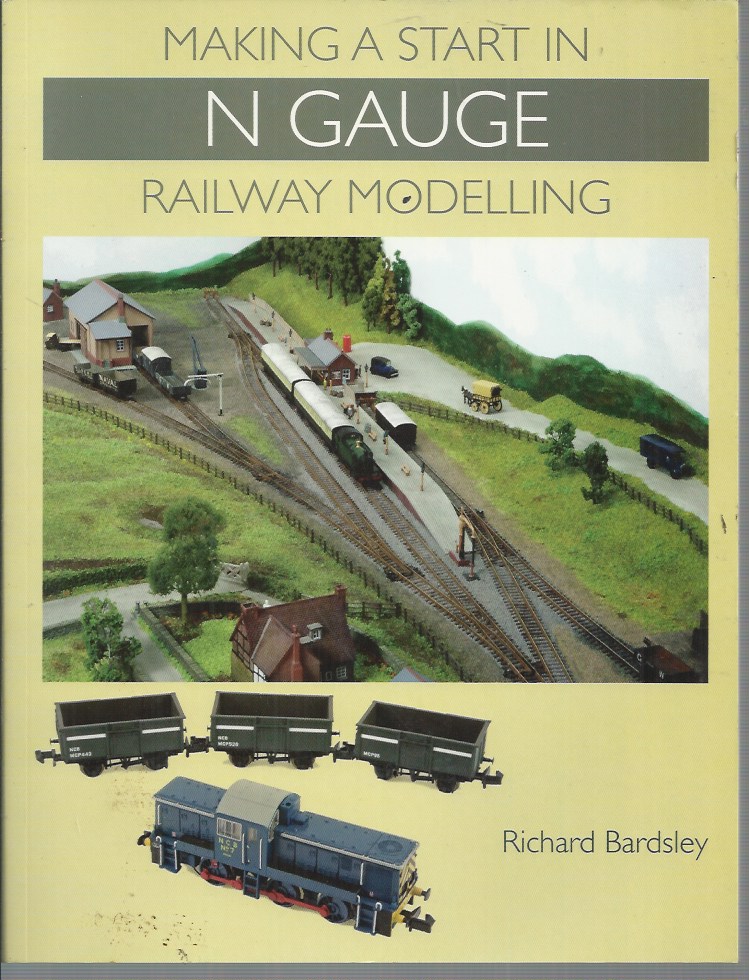RAILWAYS TRAINS
N gauge is the most rapidly expanding of all the model railway formats and if you want to take advantage of its huge potential, then this is the book for you. The author explains exactly what N gauge is, its history, its advantages and some of its possible disadvantages. He begins with a train set and progresses through choosing a prototype and designing a layout, to a practical demonstration of how to build a baseboard, to designs for open-topped baseboards and fiddle yards. Topics covered include: The different track products that are available and the differences between sectional and flexible track How to lay track, cut it to size, join it, and connect it between baseboards The terminology of turnouts and the different ways to operate them The differences between DC and DCC control, and how to get power to the track Wiring for turnouts and isolation sections Types of ballasting and advice on how to apply and fix loose ballast Ready-to-run rolling stock available in N gauge as well as kit building and conversion of locomotives to DCC Couplers, from the traditional types to the latest designs such as knuckle couplers and close coupling mechanisms Modelling the railway infrastructure, such as platforms and signal boxes, how to make realistic rural and urban scenery, and how to bring your layout to life by adding details such as people, road vehicles and signs AUTHOR: Richard Bardsley is an experienced small-layout builder in N gauge and 00 gauge, and several of his model railways have been exhibited at shows. He has written over fifty articles in the model railway press, many of which have dealt with designing and planning small-space layouts. For over twelve years Richard has been the editor of the bimonthly N Gauge Society Journal, as well as being a member of the Society’s management committee. He demonstrates and promotes N gauge model railways at shows and also designs and produces his own N gauge wagons kits. 285 colour photographs N gauge is the most rapidly expanding of all the model railway formats and if you want to take advantage of its huge potential, then this is the book for you. This title explains exactly what N gauge is, its history, its advantages and some of its possible disadvantages.
pp. 192 illusts (Date on prelim, otherwise pristine!) #300823
